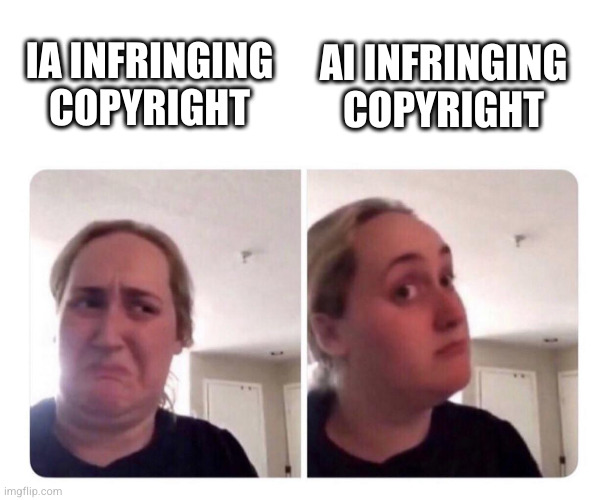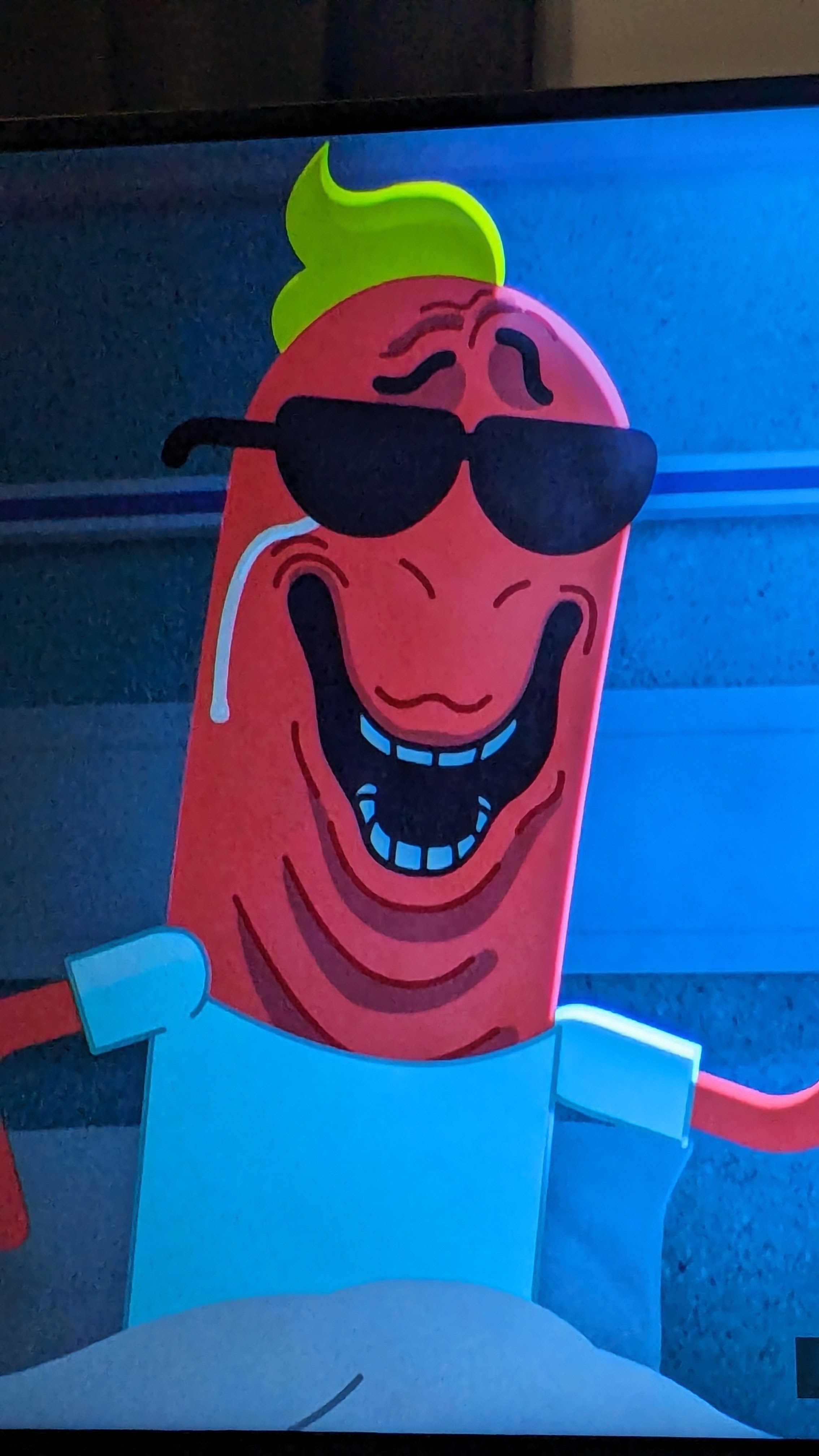- cross-posted to:
- piracy@lemmy.dbzer0.com
- cross-posted to:
- piracy@lemmy.dbzer0.com

Yeah, kinda funny how it’s OK when there’s a bunch of neoliberal gangsters like larry summers behind it, right?
Welp, hope they’re backed up somewhere in an uncentralised, segmented, shareable form where people can still access them from the internet.
There’s a Minecraft server that has books and articles stored. it’s called The Uncensored Library, (visit.uncensoredlibrary.com), and they have various articles and books that are free to view. The Uncensored Library was created by Reporters Without Borders. If I were the people of the Internet Archive, I’d be talking to the folks in the RSF about porting some of their content to this virtual library.
It only contains a relatively small collection of banned reporting from various countries, not the whole Internet Archive, and only in the form of in-game books, not anything really usable IRL. It’s neat but basically a promotional project for RWB.
You know, this thread really needs a list of of the publishers responsible for this travesty.
“Publishers Hachette Book Group Inc, HarperCollins Publishers LLC, John Wiley & Sons Inc and Penguin Random House LLC” - According to Reuters
Of course those Penguin fucks are involved.
There are a lot of books that are out of print, especially reference books. And if you look for them on Amazon or eBay, they’ve been snapped up by scalpers who are reselling them for obscene profit.
Either make the books available for sale or quit complaining about “copyright infringement.” But whatever you do, quit hoarding knowledge like a dragon sitting on a pile of gold.
Exactly. Copyright should be nullified if there’s no longer first party sales.
We should also go back to the original copyright duration: 14 years with an optional, one-time extension for an additional 14 years.
Copyright should be nullified if there’s no longer first party sales.
Then everything created before now will compete with new copyrighted creations.
In a lobbied environment such a thing can’t exist.
Probably some elaborations about what exclusive rights can and can’t be should have been put into US constitution (because US is the main source of this particular problem, though, of course, it’ll be defended by interested parties in many other countries), but that was written a bit earlier than even electric telegraphy became a thing.
They really couldn’t imagine trying to destroy\outlaw earlier better creations so that the garbage wouldn’t have competition. Printing industry back then did, of course, have weight in making laws, but not such an unbalanced one, because the middle class of that time wouldn’t consume as easily as in ours (one could visually differentiate members of that by normal shoes and clothes), and books were physical objects.
Yup, copyright wasn’t an issue because producing books was expensive enough to discourage copycats. The original copyright act I’m referring to was passed in 1790, which was actually passed a year before the Bill of Rights was ratified (you know, freedom of speech and all that). There was a lot of contention around the Bill of Rights, with many saying they were self-evident and didn’t need explicit protection, and I’m guessing the Copyright Act was similar in distinguishing what should be a regular law and what needs an amendment.
It was probably discussed in the constitutional convention, but probably dismissed since the constitution was intended to define and restrict government, not define what citizens can and cannot do. I think that’s the appropriate scope as well, I’m just sad that we’ve let the laws get away from us.
A sad day




